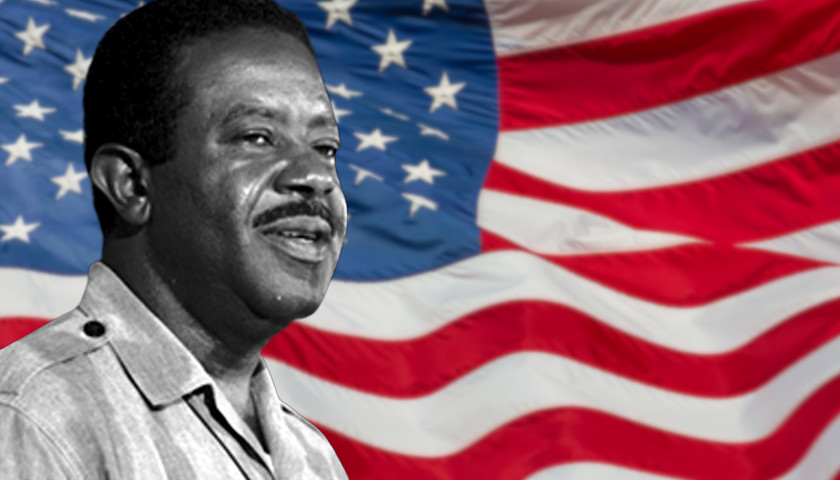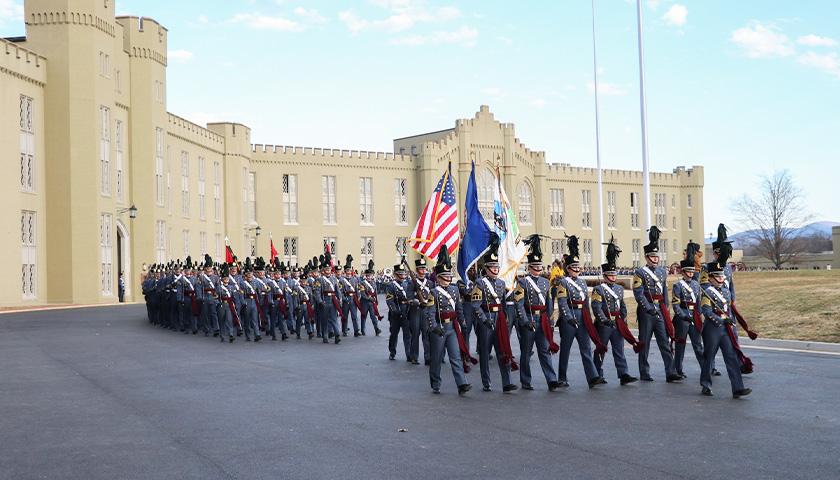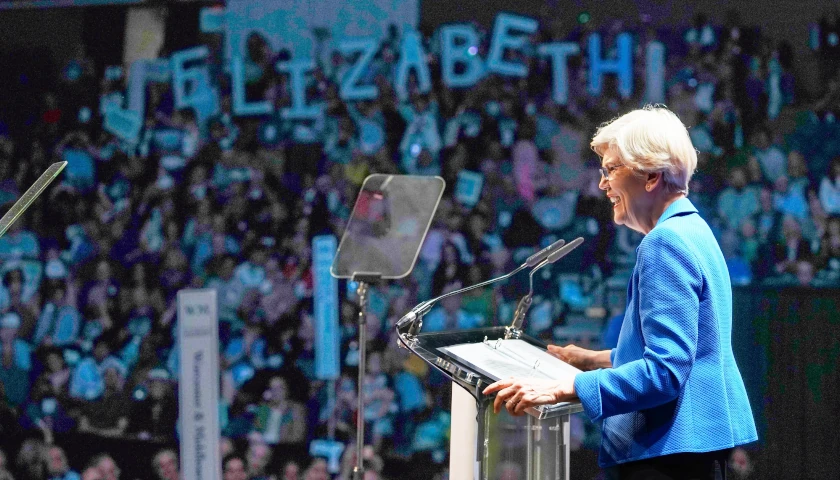by John M. Howting
The summer of 2019 marks the 50th anniversary of man walking on the moon.
Before Neil Armstrong took “one small step for man, one giant leap for mankind,” however, another significant event occurred: Rev. Ralph Abernathy’s protest outside of the Saturn V rocket at Cape Canaveral, Florida.
On the afternoon of July 15, 1969, the day prior to the Apollo 11 launch, Abernathy rode up to the launch site in a mule-drawn carriage (to symbolize rural poverty) with 500 activists to protest. Abernathy delivered a speech. According to NASA’s archives:
He deplored the condition of the nation’s poor, declaring that one-fifth of the nation lacked adequate food, clothing, shelter, and medical care. In the face of such suffering, he asserted that space flight represented an inhuman priority.
During this stunt, Abernathy never once mentioned race. His message concerned misplaced priorities: putting space exploration ahead of domestic problems.
Ralph Abernathy is an understated figure in the civil rights movement. A longtime friend and confidant to Dr. Martin Luther King Jr., he succeeded King as head of the Southern Christian Leadership Conference.
But Abernathy was nothing like the radicals we see today who fashion themselves as “civil rights leaders.” Jesse Jackson marched on college campuses chanting, “Hey hey, ho, ho, western civ has got to go!” But not Abernathy. He never denounced all American history as “racist.” He never decried Western Civilization and he never advocated tearing down a monument to our past. Often quoting the American founders in his speeches and interviews, he sought to preserve a continuity with the past.
Rev. Abernathy also abhorred the sexual revolution. He co-founded the American Freedom Coalition (AFC), which advocates for a strong national defense, while standing in opposition to abortion and pornography. Rev. Abernathy preached against the latter two until his death.
In the fall of 1980, he endorsed Ronald Reagan for president over Jimmy Carter. As he explained:
Jimmy Carter did not do as much for the black people of Georgia as Lester Maddox did. Ronald Reagan did a whole lot more for black people and poor people in California than Jimmy Carter did in Georgia. I’m sick and tired of empty promises.
I bring up all these facts about Rev. Abernathy because I want to make one point: he was not a radical.
When Ralph Abernathy protested the Apollo 11 Moon mission, he was not motivated by radical impulses. He did not insist that NASA was a white supremacist organization, nor did he say the Saturn V rocket was a monument to white supremacy. He opposed the federal government spending taxpayer dollars to explore the moon while we had major problems at home. He also criticized American intervention in Vietnam for the same reasons.
A few months after protesting the Apollo 11 mission, Abernathy led a march along the U.S.–Mexican border with Cesar Chavez and Walter Mondale to protest illegal immigration. He believed the U.S. government should secure its own borders before venturing to the moon.
After Neil Armstrong stepped on the moon, Abernathy said he appreciated the significance of the event and did not oppose space exploration in principle, but that he still believed our priorities were misplaced.
The moon mission is an important anniversary in 2019, but we should also recall Ralph Abernathy’s preceding protest. He was telling our government to look homeward and put Americans first.
Would today’s politicians and activists do well to follow in his steps?
– – –
John M. Howting III writes for Intellectual Takeout and lives in southeast Michigan. He also writes for First Things and The National Pulse.





